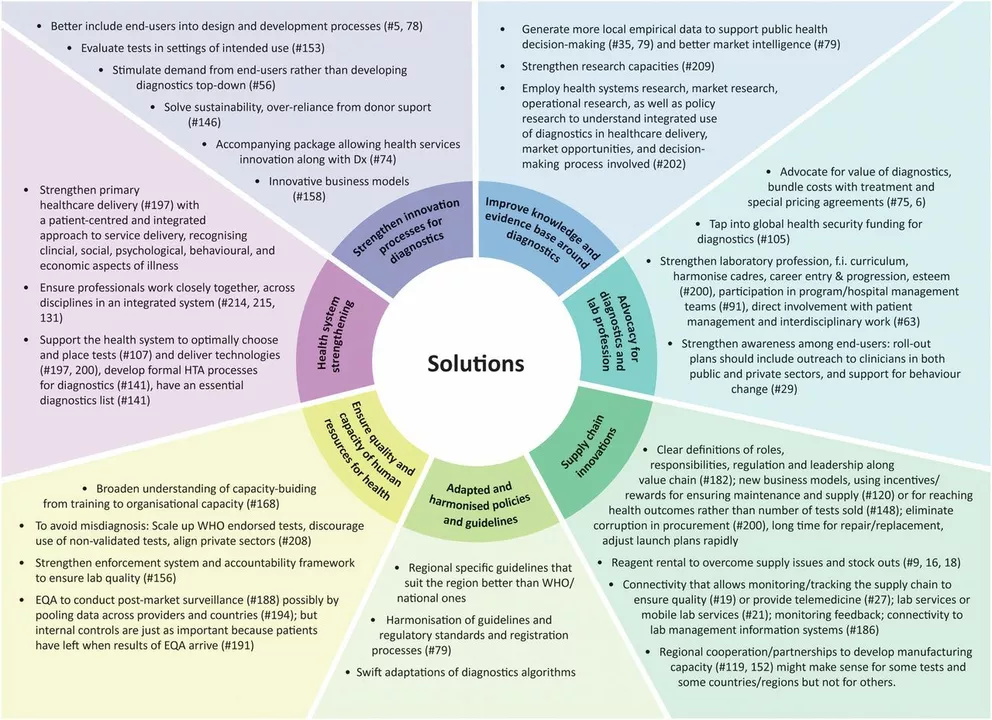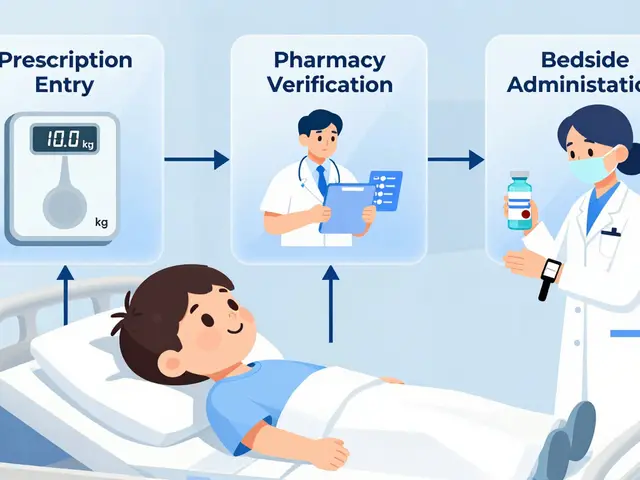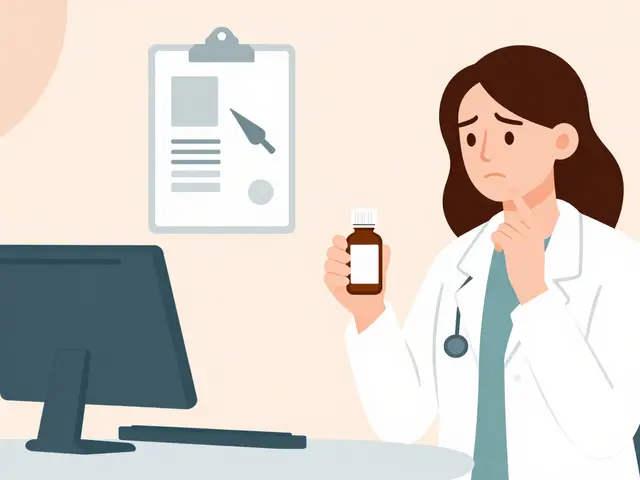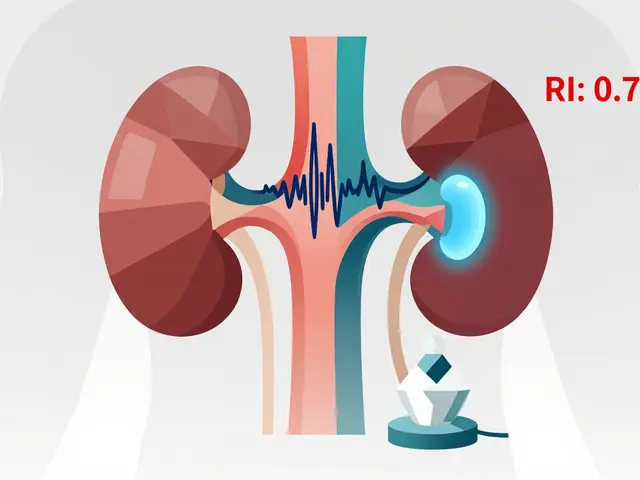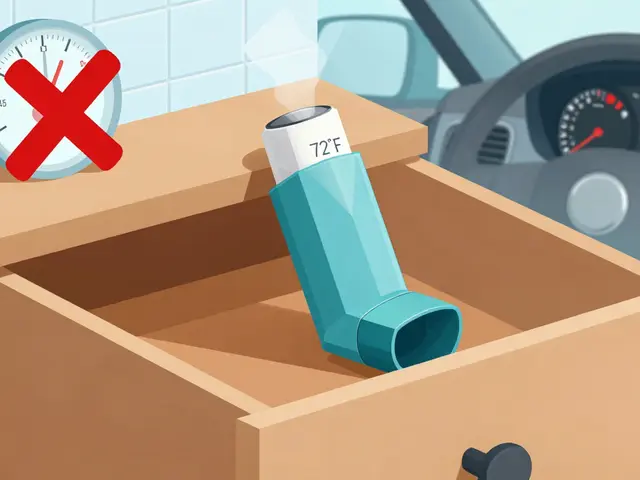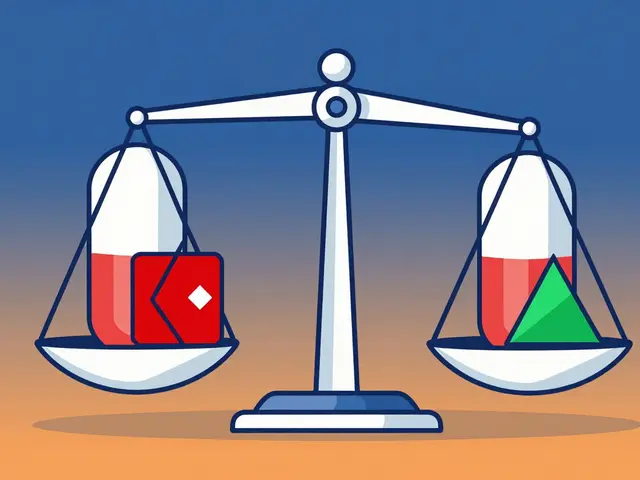Heart Failure Patients — Simple, Practical Steps to Feel Safer Every Day
If you have heart failure, small daily choices add up. This page pulls together clear, useful tips on medicines, daily checks, diet, and what signs need fast action. No jargon — just things you can use today.
Daily checklist: easy habits that matter
Weigh yourself at the same time every day (after waking and before eating). A gain of 2–3 pounds in 24 hours or 5 pounds in a week can mean extra fluid — call your care team. Track symptoms: more shortness of breath, new swelling in ankles, sudden fatigue, or trouble sleeping sitting up. Stick to any fluid limits your doctor gave you and cut back on salt. Carry a short, clear medicine list in your wallet and on your phone so any clinician can see what you take.
Medications and safety — what to watch for
Heart failure care usually includes medicines like beta blockers (for example, metoprolol), ACE inhibitors or ARBs, diuretics, and newer options such as SGLT2 inhibitors that can help the heart. Never stop or change doses on your own. Take meds at the same time each day and use a pill box or phone reminders. If you feel dizzy, very slow heartbeat, unusually tired, or have muscle cramps, call your provider — these can be signs a dose needs review.
Avoid NSAIDs (ibuprofen, naproxen) unless your doctor says otherwise — they can make fluid retention worse. Check with your pharmacist before starting any new over‑the‑counter drug, herbal supplement, or cold medicine. Drug interactions matter: some blood pressure and prostate medications interact with each other, so always review combinations with your clinician.
Buying medicines: compare prices, ask about generics, and use reputable pharmacies. If you consider online pharmacies, make sure they require a prescription, show a pharmacy license, and have good reviews. Be cautious with offers that seem too cheap or don’t ask for a prescription.
When to seek help now: sudden chest pain, passing out, severe shortness of breath at rest, or very fast/irregular heartbeat — call emergency services. For gradual changes like swelling or slow weight gain, contact your clinic or heart failure nurse for advice.
Other practical tips: get your flu and pneumonia vaccines, keep a plan for who helps you with meds or doctor visits, and use telemedicine for quick check‑ins when travel is hard. If you also have diabetes, high blood pressure, or kidney issues, coordinate care — treatments affect each other.
Heart failure care is a team effort. Use daily checks, keep medicines organized, watch for warning signs, and reach out early when things change. Small, steady steps protect your heart and make life easier.
As a heart failure patient, I cannot stress enough the importance of social support in managing this condition. Having a strong support system not only helps us emotionally but also plays a crucial role in adhering to treatment plans and making healthier lifestyle choices. Connecting with others who share similar experiences through support groups can also provide valuable insights into managing heart failure. Furthermore, our loved ones' encouragement and understanding can make all the difference in our journey towards better heart health. In a nutshell, social support is truly essential for heart failure patients like myself to lead a fulfilling life.
Continue reading...

